A.F. Suter and Co. Ltd
Shellac, Waxes, Gums and Resins
- +44 (0) 1376 514953
- afsuter@afsuter.com
- Compass House, Eastways Industrial Estate, Witham, Essex, CM8 3YQ, United Kingdom
A.F. Suter and Co. Ltd
Shellac, Waxes, Gums and Resins
Get a FREE Quote (No Obligation)
Zein is the water-insoluble prolamine protein extracted from corn gluten, which is derived from Zea mays (commonly known as maize or corn). It is extracted from corn gluten using a physical, rather than chemical process, resulting in an all-natural product.
Zein is sold in the form of a yellow powder and comprises 86-91% protein. It is offered in Food or Pharmaceutical (USP) grades, both of which are available in certified free from Genetically Modified Organism (GMO) or GMO forms. Zein is a renewable, biodegradable product, but is resistant to bacterial attack, which frequently causes the decomposition of other proteinaceous materials. Purified Zein is edible and digestible but tasteless and odourless. The US Food and Drug Administration (FDA) has included Zein in its list of direct food substances affirmed as Generally Recognized as Safe (GRAS) when used as a surface-finishing agent (21CFR184.1984). Zein is soluble in alcohol or high pH aqueous solutions. When used as a coating, it forms a clear, transparent, hard and edible film that forms barrier to moisture and oxidation. Zein can be used in confectioner’s glaze or pharmaceutical glaze. The coating solution dries quickly and offers extended shelf-life under hot and humid conditions. Although its cost per kilogram is generally higher, according to the manufacturer less Zein is required in solution than Shellac, making pricing comparable.
Zein is considered a food ingredient, rather than an additive, and may be labelled as “vegetable protein” in the US. It is gluten-, sugar-, and lactose-free and can be combined with many other ingredients to achieve different coating qualities and with colours and flavours to provide a wide range of coatings.
Zein coatings provide a barrier against the escape of moisture and edible fats from within food products, whilst protecting against external moisture and fats, retarding oxidation and rancidity, resulting in increased shelf-life. In the Agriculture industry, Zein is used to coat fruit and vegetables soon after harvesting, which acts as a moisture barrier to protect them during shipping and extends their shelf-life. It is also used to coat nuts, seeds, rice and bakery products, and appears to repel many insects, such as the Indian Meal Moth, which often infests uncoated grain and nut products. In addition, Zein can encapsulate food ingredients that can be reduced to a granule, including nutmeats, flavours, sweeteners and colours.
Zein coatings help adhere flavours to products such as crisps and other snack foods. When first sprayed and before it dries, the freshly applied film has a tacky surface onto which many additives can be sprayed. When dried, the added particles securely adhere to the treated surface, allowing reduced quantities of these additives to be used. Among Zein’s other applications as a coating, it prevents frozen pizza crust from absorbing moisture, protects vitamins from decomposing during baking, and reduces the amount of oil absorbed by french fries when cooked.
Zein is used as a coating for candies, such as jelly beans and chocolate. In the US, it may be labelled as confectioner’s glaze (which traditionally refers to Shellac-based glazes). It can also adhere flavours to confectionery and encapsulate the flavours and sweeteners in chewing gum, providing it with long-lasting flavour.
Pharmaceutical (USP) grade Zein is used as a general coating for tablets, providing a moisture and microbial resistant barrier that helps to prolong shelf-life. It can also encapsulate the granulated active ingredients in pharmaceuticals and nutraceuticals, and functions as an enteric coating for extended time-release medications. Zein also acts as a flavour masking coating to block unpalatable tastes and smells. In addition, researchers are studying the Zein molecule as a means to carry bio-compounds to targeted areas inside the human body.
The Printing industry uses Zein as an edible coating for inks. Zein is also used as a component in various adhesives, coatings and binders, particularly in the paper industry. It can be further processed into a bio-plastic polymer that can be rolled or extruded into a variety of plastic products for use in a range of non-toxic and renewable applications.
In the Food Packaging industry, Zein is used as a coating for paper cups and a lining for soda bottle caps. Research has also been carried out into the use of Zein to protect meal, ready-to-eat (MRE) food packages for the military, ready-to-eat chicken, frozen foods, liquid eggs and cheese.
In the Aeronautic industry, a low electrolyte Zein, a proprietary formulation, is used as part of the electrophoretic chrome plating repair process, acting as an adhesive to secure metal powders onto turbine blade surfaces during the repair process.
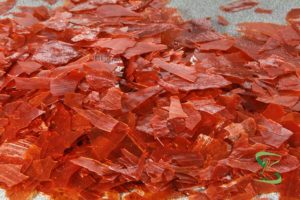
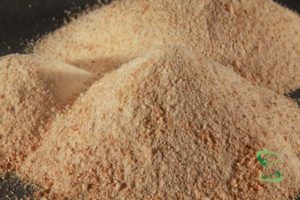
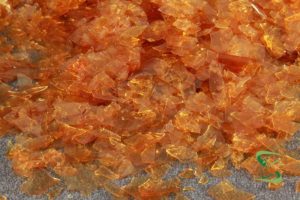
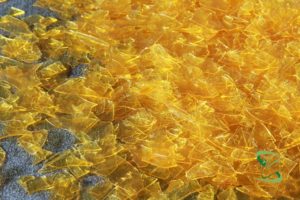
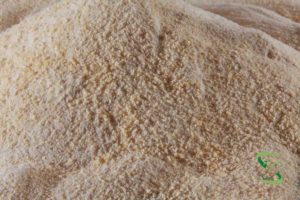
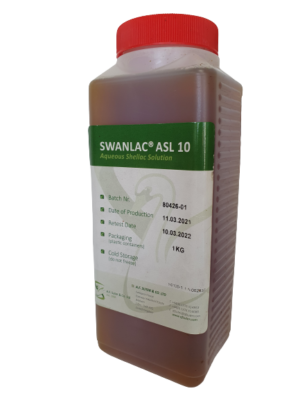






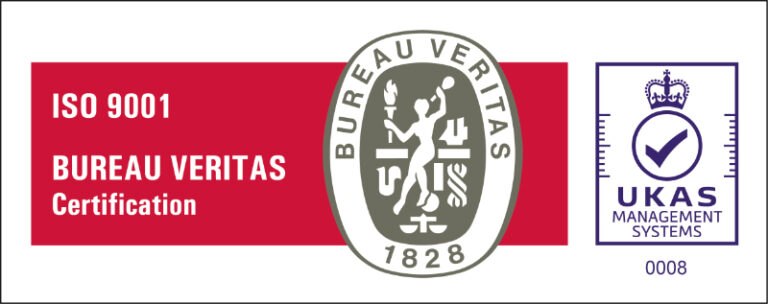
Registered Office:
146 New London Road, Chelmsford,
Essex.CM2 0AW
Company Reg No. 04296187
VAT No. GB 783 0308 36